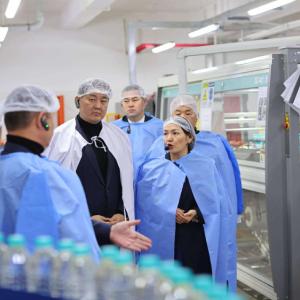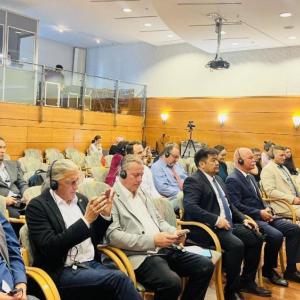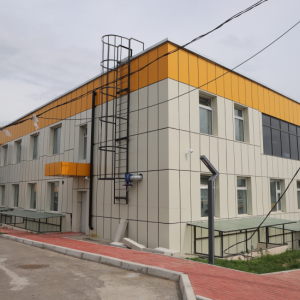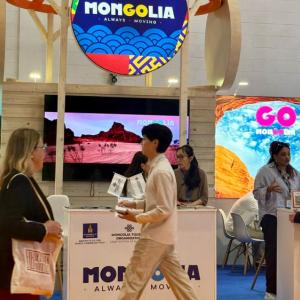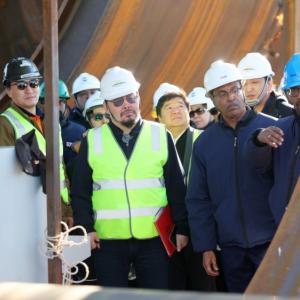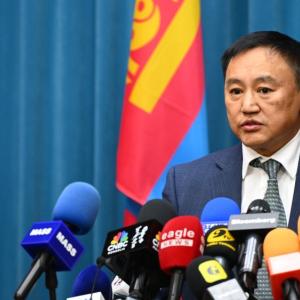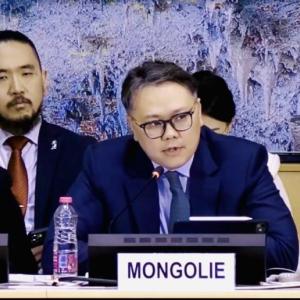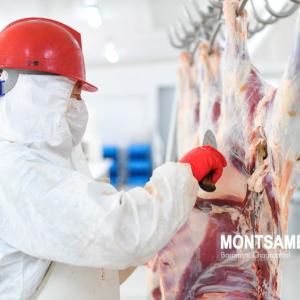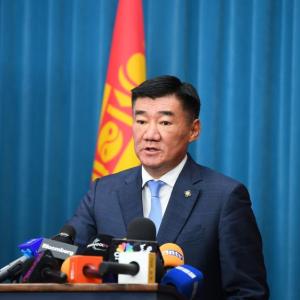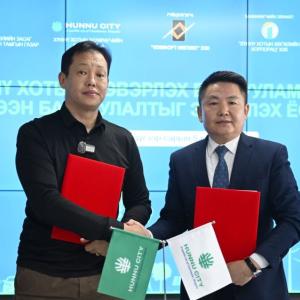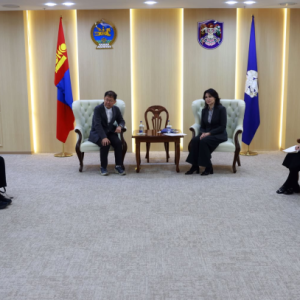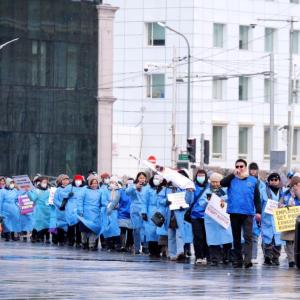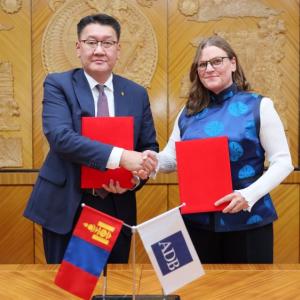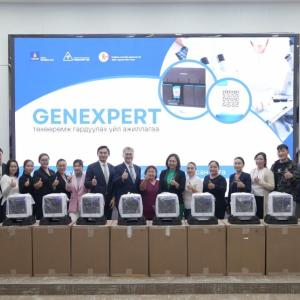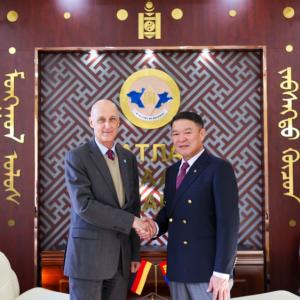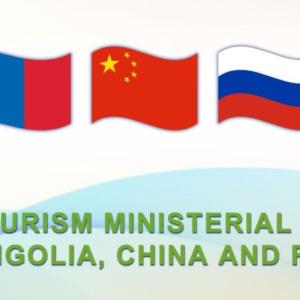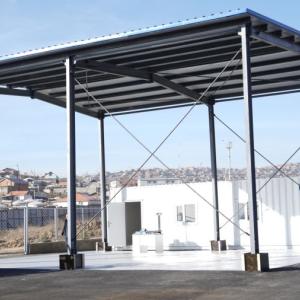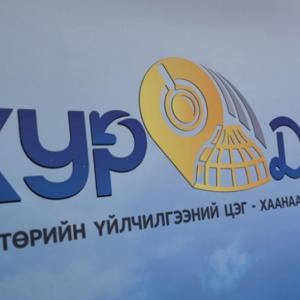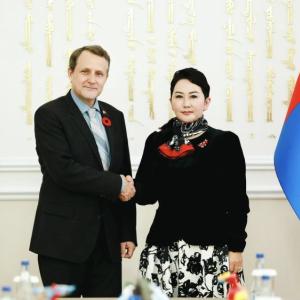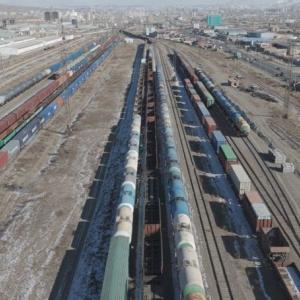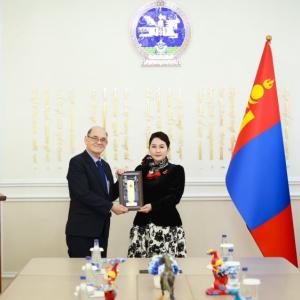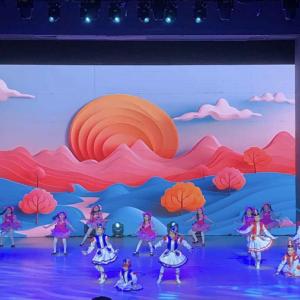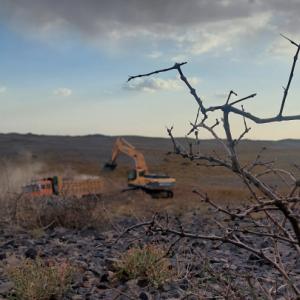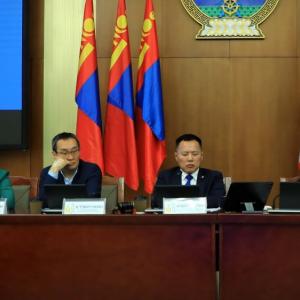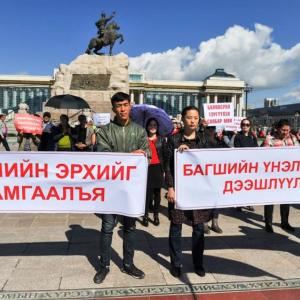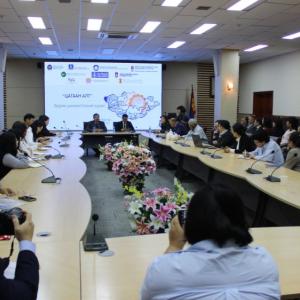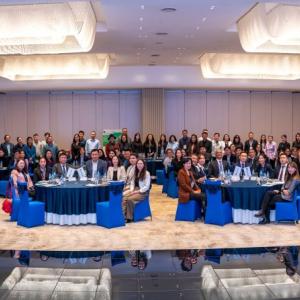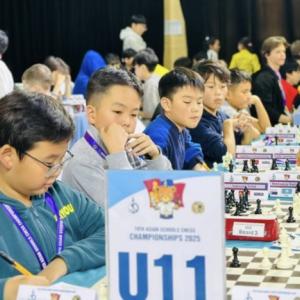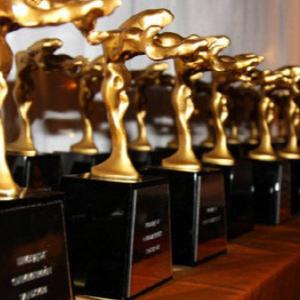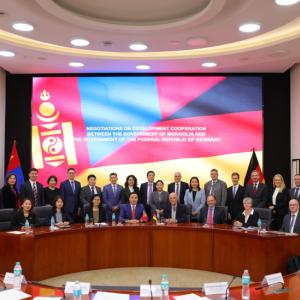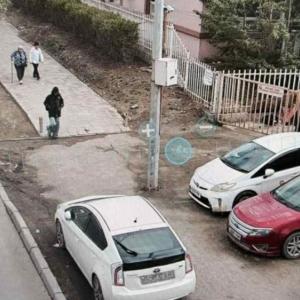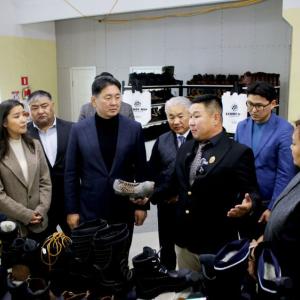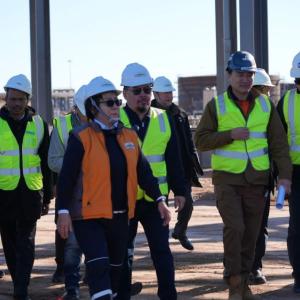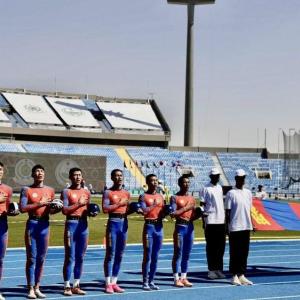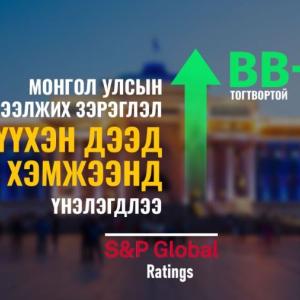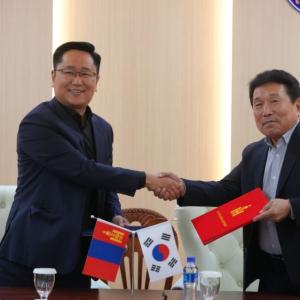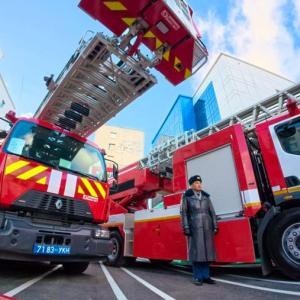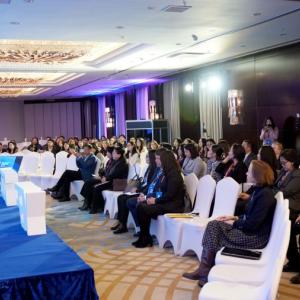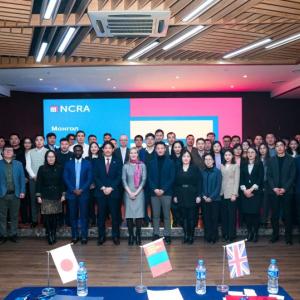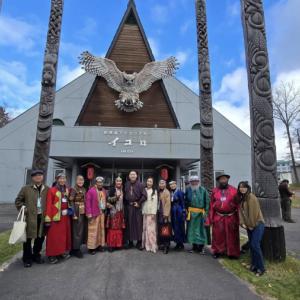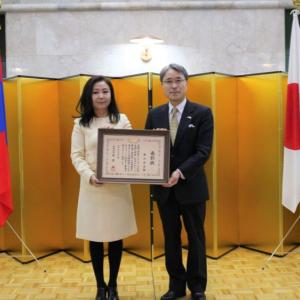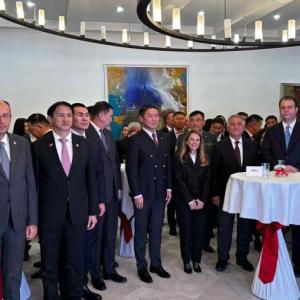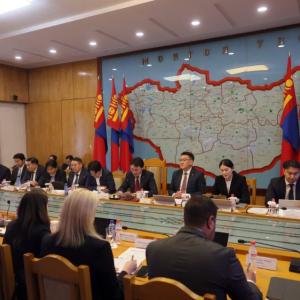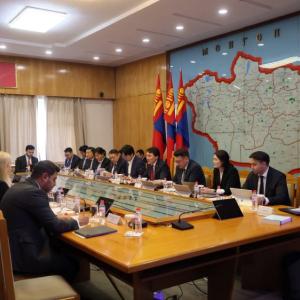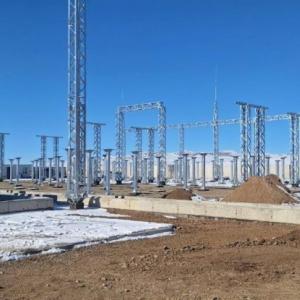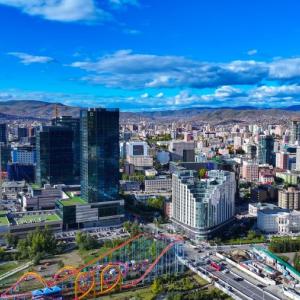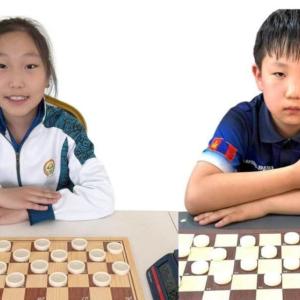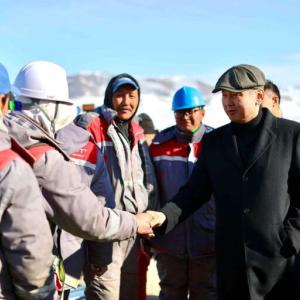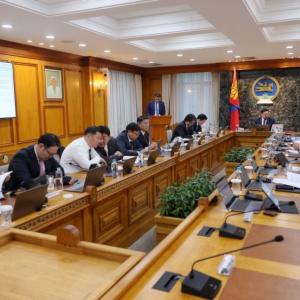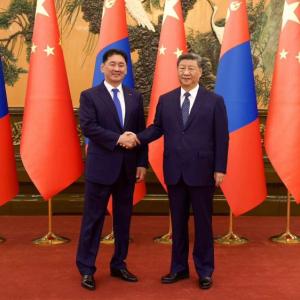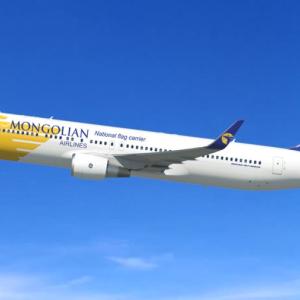NEXT 75 Conference searches for answers to the challenges of the future
Society
On December 16, Sochi (Russia) will host the NEXT
75 international conference dedicated to global issues and challenges, which
humanity is facing today. The main goal of the conference is to establish
a dialogue about the future of our planet between famous scientists and the
most proactive members of the younger generation.
The NEXT 75 Youth Conference is a logical element in the
closing phase of the celebration of the Russian nuclear industry
75th anniversary. After paying tribute to the achievements of the
past and talking about the technologies of our time, the industry turns to
tomorrow since nuclear scientists are used to looking far ahead and planning for
decades. Today's pupils and students will decide how the future will
unfold. The young generation should have the fullest
available expert information on global problems and scientifically backed
ways of solving them.
What should humanity prepare for in the next 10, 25 and
even 75 years? Which technologies will develop most quickly, and
which history will leave behind? Will there be global conflicts due
to lack of resources? Will there be enough space on Earth for over 10
billion people? Have we passed the point of no return in global climate
change? Are environmental disasters of unprecedented proportions awaiting
us? Is it possible to fully prepare for future outbreaks and could they be avoided altogether?
The participants of the conference will be able to ask the
world's leading scientists and public figures all these and many other
questions. The agenda of the conference will be devoted to closely
related problems like resource scarcity, population growth, new diseases and
environmental issues. Thanks to the use of multimedia
technologies, communication on serious topics will be very exciting
with many visual surprises awaiting the audience.
Scientists from around the world, such as the Nobel
Peace Prize winner Rodney John Allam and Carl Safina, ecology Professor at the
Rutgers University (USA), are expected to address the conference.
Oyewale Tomori, WHO virologist and expert in the
implementation of innovative solutions in the fight against pandemics, will
tell about possible diseases of the future. Miguel Brandao, Associate
Professor in the Department of Industrial Ecology and Life Cycle Assessment,
KTH Royal Institute of Technology and Thomas Blees, President of the
Science Council for Global Initiatives (SCGI) will speak at the Resource
Scarcity panel. Tejbir Singh Rana, Professor at the University of Delhi will
talk about the problem of overpopulation, which is expected to be one of the
most acute in the future.
Organization of a conference aimed at solving global
problems is a logical step for the State Atomic Energy Corporation Rosatom,
which makes a significant contribution to achieving the sustainable development
goals. The Russian nuclear industry can provide all of humanity with so
much more than powerful carbon-free energy source, including many
unique technologies in the most promising areas that will be in high demand in
the future.
The conference will be held in Russian and English in a
mixed offline and online format. Two hundred gifted Russian pupils and
students will attend the event at the Atom Hall in the Sirius Park of Science
and Art in Sochi, and another 400 young people from all over the world will be
invited to join the conference online with the opportunity to ask
questions and participate in discussions.
Safety is an absolute priority in the nuclear industry,
which extends far beyond nuclear facilities. The latest air disinfection system
is installed in the Atom Нall. The conference will be held in
full compliance with sanitary and epidemiological requirements.
Webcast of the conference will begin on the http://next75.com/ as
well as on Rosatom social networks on December 16 at 15.00 local time. Anyone
from any country of the world is invited to become a spectator of the
three-hour intellectual dialogue.
In 2020, the Russian nuclear industry is celebrating its 75th anniversary. For several months, during which the program of anniversary events took place, more than 150 cultural, educational, informational and entertainment online and offline events of various scales took place, in which all residents of the country took part. Open public discussion about the role of the nuclear industry in the country's life continued as well, which is especially important, given that it has long gone beyond the energy and defense industry. Today, Rosatom is one of the ten largest companies in Russia and is a technology leader in many high-tech areas. Rosatom produces equipment and isotope products for the needs of nuclear medicine, research, development of new materials, production of digital products, and production of various nuclear and non-nuclear innovative products. Rosatom's strategy is to develop new technologies that change people's lives for the better.
 Ulaanbaatar
Ulaanbaatar





